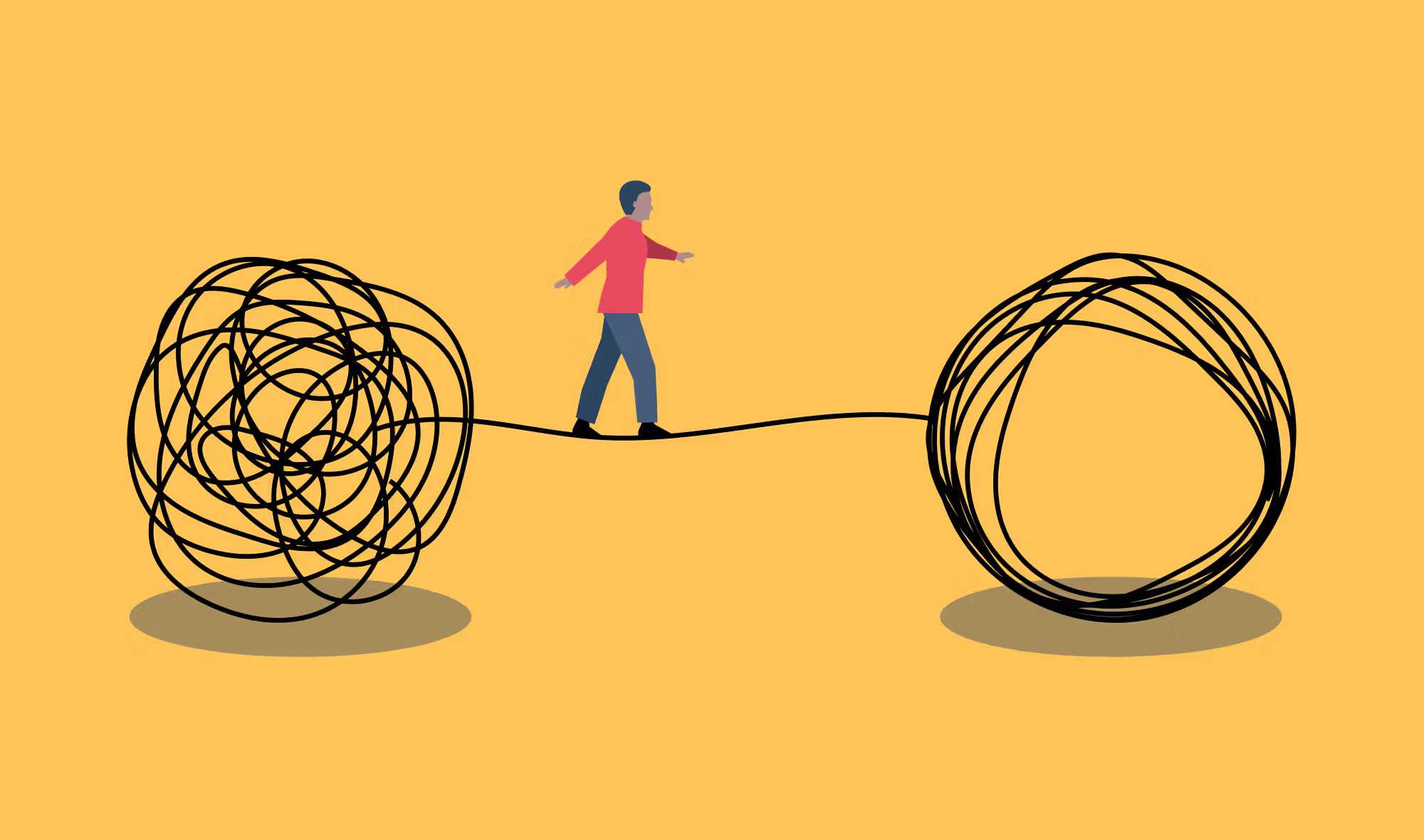
As artificial intelligence reshapes the world, from how we work to how we interact, the quiet crisis looming over society is not technical, but existential.In an age dominated by automation, speed, and productivity, many are left wondering:
“What gives my life meaning?”
Enter Logotherapy, a philosophy of healing and growth built not on pleasure or power, but on the pursuit of purpose.
Developed by Viktor Frankl, a neurologist, psychiatrist, and Holocaust survivor, Logotherapy is a form of existential analysis focused on a central idea: human beings are primarily motivated by a will to find meaning in their lives.
Unlike other therapeutic approaches that concentrate on trauma or dysfunction, Logotherapy posits that even in the face of suffering, life has inherent meaning, and it is our responsibility to discover that meaning.
Frankl’s work emphasizes that meaning can be found in:
This was not just theory. For many, it was a lifeline in their darkest hours.
The 21st century is marked by a paradox: we’re more connected, informed, and efficient than ever before, yet lonelier and more disoriented.
Some key reasons why Logotherapy is resurging:
In this context, Logotherapy offers something timeless:
A belief that meaning is not given, it is discovered.
As machines increasingly take on roles once defined by human effort, creative writing, data analysis, customer service, the question isn’t just “what will we do?” but rather:
“What are we here for?”
This existential gap is where Logotherapy becomes more relevant than ever.
It encourages:
While AI excels at solving external problems, meaning remains a uniquely human pursuit. No algorithm can tell us why we matter. That’s a journey we each must walk.
Looking ahead, Logotherapy can:
It’s not about resisting change, but about rooting ourselves in something deeper than output, metrics, or roles.
In a world obsessed with “smartness,” we must ask:
What if the real measure of intelligence is not how much we produce, but how meaningfully we live?
Logotherapy doesn’t offer easy answers. But it does offer hope, a compass in a chaotic world. It reminds us that meaning is always possible, even in suffering.
That freedom lies in how we choose to respond.
And that in the age of machines, our most important task might not be to optimize, but to remember what it means to be human.